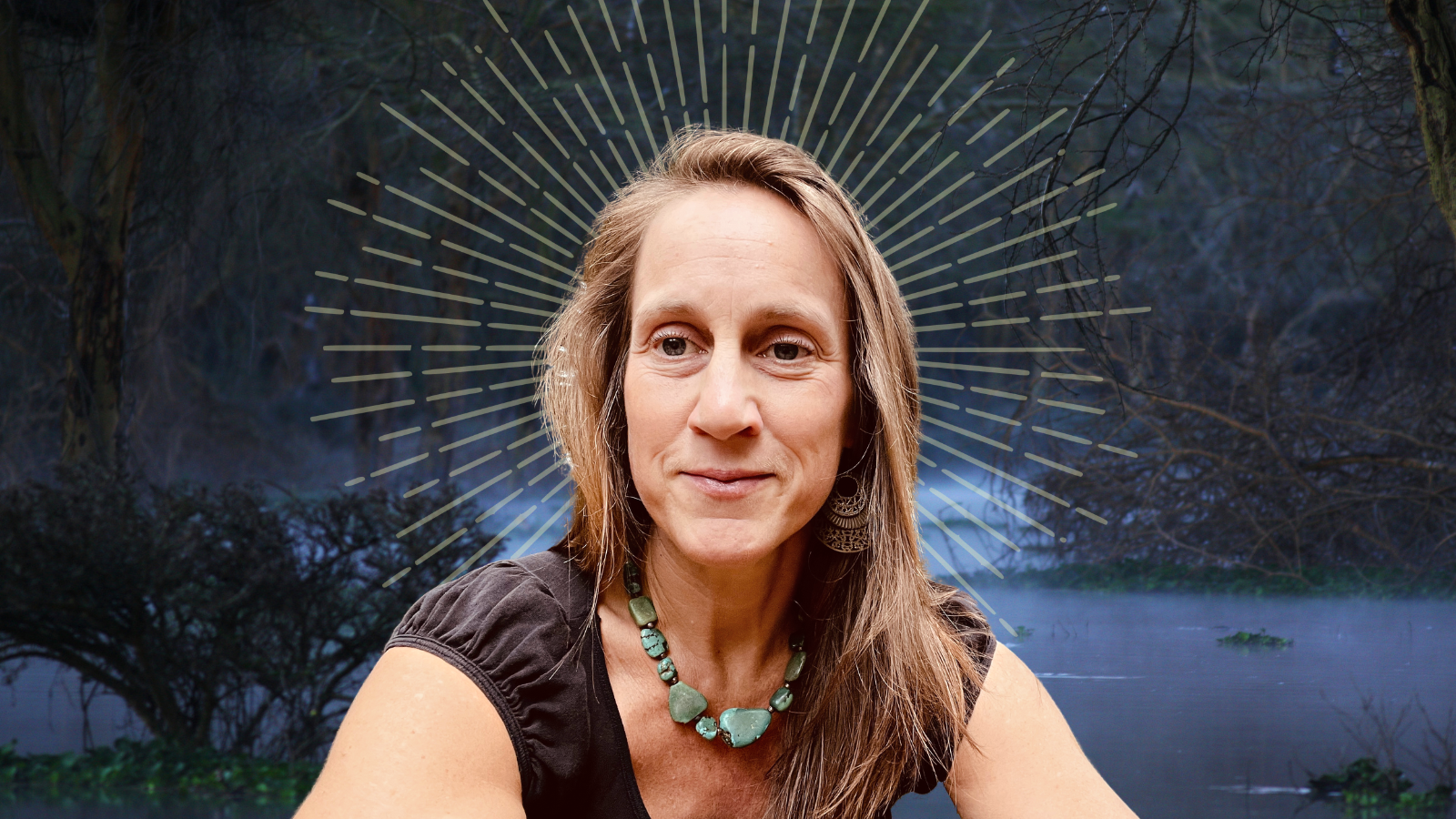#61 | An Animist Retelling of Iron John - Stephanie MacKay
“So much is right there in the story if we only have the eyes and the heart to see it.”
My guest today is Stephanie McKay, an educator and mentor in earth-based skills and ancestral ways.
She is the co-founder of Fianna Wilderness School on Vancouver Island, as well as a monthly Mythology Club, where folks explore stories of predominately of Indo-European origins in an attempt to uncover the remaining vestiges of an intact, land-based culture and spirituality, indigenous to that landscape
In our conversation today, we discuss her time studying with Martín Prechtel and developing the eyes and heart to see the rich layers of story. We name the distinct and modern act of looking to stories primarily through a psychological lens and what is missed when doing so.
Of course, we dive into an animist retelling of Iron John, the story made famous within the mythopoetic men’s movement through Robert Bly, and we talk about where stories go to survive in dark times, only to emerge again when the conditions are ripe.
Check out upcoming dates & locations of the Mythology Club on Vancouver Island.
SHOW NOTES
Stephanie's Myth Journey: Stephanie's passion for mythology stemmed from Martine Prechtel's teachings, leading her to found a mythology club.
Exploring Myth Lineage: The conversation touches on the mythopoetic men's movement, Robert Bly, Martine Prechtel, and the differing interpretations of mythology.
Introduction to Iron John: Initially hesitant, Stephanie delves into the Iron John story, discovering its deeper layers and significance.
Shifting Perspectives: Stephanie highlights a pivotal word in the story that changes its relational context, discussing the importance of reciprocity and forgetting in narratives.
Historical Clues and Forgetting: The conversation explores historical clues, deforestation, and forgetting reciprocal relationships, drawing parallels with elements in the Iron John story.
Cultural Debt and Initiation: The story highlights a culture with an intact initiation system, focusing on the concept of debt to the natural world. The idea of mutual indebtedness remains significant even as the culture is no longer intact.
Forgetting and Initiation: Forgetting or the rupture in agreements is seen as a crucial part of initiation. Remembering these agreements and debts is essential for reciprocity.
Domestication of Iron: The story delves into the domestication of Iron John, paralleling it with the contemporary taking of iron from the land, indicating a disruption in the relationship between the human and the holy.
Iron's Impact: Iron's arrival brought weaponry, alchemy, and further clashes, feeding larger-scale wars. The story connects iron's hunger for sustenance with societal impacts.
Rethinking Animacy: The narrative challenges the modern distinction between animate and inanimate objects, suggesting that elements like iron possess their own will and need for reciprocity.
Approaching Mythology: Reading myths involves turning prejudices upside down, exploring word origins, and researching curious elements within stories to unveil their deeper meaning.
Telling Stories: Oral storytelling allows a deeper connection, yet written texts provide a closer record of these ancient tales. Finding the oldest versions and comparing translations aids in identifying the core elements of a story.
Understanding Bones vs. Flourishes: Distinguishing between the bones (core elements) and flourishes (narrative embellishments) involves reading multiple versions, recognizing repeated motifs across different cultures, and using discernment.
Parting Thoughts: Encouragement to continue exploring myths, honoring the stories, and engaging with their depth and richness.
